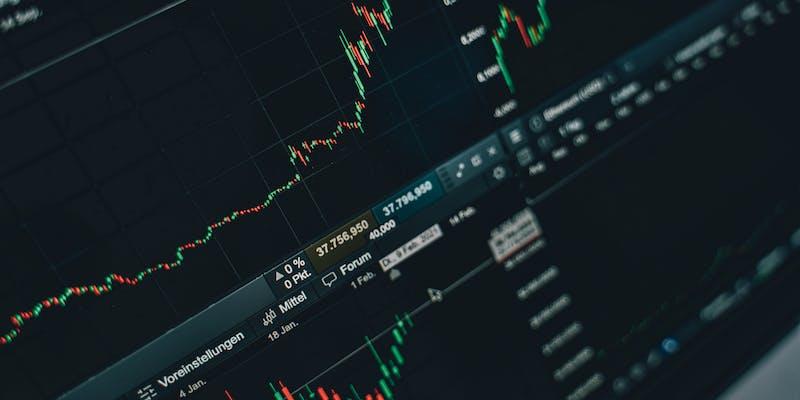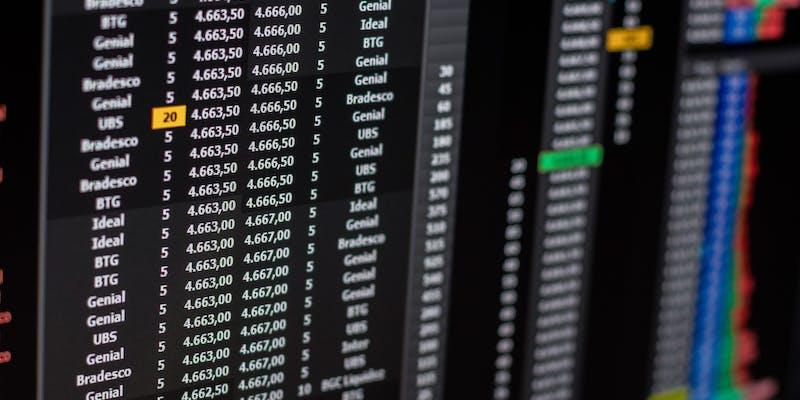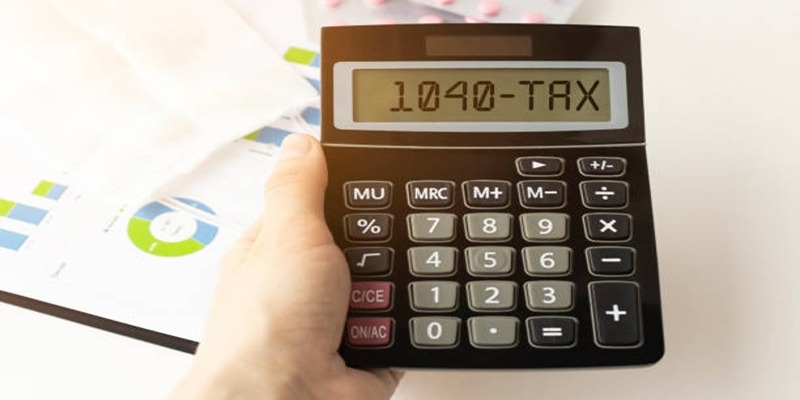The trading before the stock market officially opens to the public is known as pre-market trading. On normal trading days, this window usually opens at 8 a.m. and closes at 9:30 a.m. EST. Investors and traders often watch this time to predict how the market will behave during the next regular session. Most trading activity during pre-market hours occurs on electronic platforms, including ECNs and ATSs. Only limit orders may be placed until the market starts at 9:30 a.m. EST, and market makers will not begin executing orders until then.
Premarket trading fidelity often has lesser volume and liquidity than the normal session. Consequently, bid-ask spreads that are larger than usual are not uncommon. There are a lot of retail brokerages that provide pre-market trading, but they usually limit the orders you may make. You may start trading with certain direct-access brokers before the market opens on weekdays at 4 a.m. EST.
Most equities don't do much in the early hours unless special news influences them. 'Stub' or basic quotations often indicate inadequate liquidity. Nevertheless, because of their relationship with S&P 500 futures contracts, index-based exchange-traded funds (ETFs) such as the SPDR S&P 500 ETF (SPY) could show current quotations. Significant changes in these futures can also cause major holdings in benchmark indexes to change. For example, Apple Inc. (AAPL) and other large-cap companies sometimes trade as early as 4:15 a.m. EST.
Before the establishment of pre-market trading, the concept of after-hours trading was implemented. In June 1991, the New York Stock Exchange (NYSE) extended trading hours by one hour and began after-hours trading. The goal was to meet the longer trading hours given by private markets and international exchanges in Tokyo and London. During the first stage of these extended sessions, about 2.24 million shares were exchanged. As the internet and automated cnn money premarkets systems became more commonplace, the New York Stock Exchange (NYSE) gradually extended its trading hours to include the present pre-market trading window, which runs from four to nine.
Advantages of Pre-Market Trading

There are pros and cons to trading during extended hours, including pre-and after-hours periods. Listed below are a few major benefits:
- Investors can respond rapidly to news that breaks overnight because of pre-market trading, which allows for early action on news. Anything from company-specific news, like earnings reports, to more general news, such as geopolitical events or worldwide market patterns, might fall under this category. You should use caution, however, since the patterns shown after the normal trading session begins may differ from the first responses seen in pre-market trading. If a stock's value dips in pre-market trading after bad earnings reports, it may rise again after normal trading activity increases.
- The ability to trade before the market opens is a boon to individual investors who cannot do so during regular trading hours. This adaptability is very useful in today's hectic environment when many people have to balance several responsibilities. With the option to trade first thing in the morning, investors may manage their portfolios whenever it's most convenient.
- Traders with extensive knowledge of market trends and the ability to trade outside regular business hours can take advantage of pre-market sessions to get better stock pricing. This benefit depends on correctly gauging the stock's reaction to the news during the normal trading session. For example, if a stock's pre-market trend is positive after favorable news, it may maintain that trend throughout the day. Conversely, a weak stock before the market opens can keep falling even after the market opens.
Many investors find premarket trading fidelity enticing because of these perks. It allows you to respond to new information and adjust to shifting market circumstances outside regular trading hours.
Challenges of Pre-Market Trading

The advantages of pre-market trading aren't without their hazards, though:
- Compared to normal trading hours, buyers and sellers are much fewer during pre-market sessions. Less trade volume, less liquidity, and increased volatility are the outcomes of this decreased involvement. The gap between the lowest price sellers are ready to accept, and the greatest price buyers are prepared to pay widens, which is another consequence. This phenomenon is known as the bid-ask spread.
- Pre-market stock prices might differ substantially from regular session prices. The variation in trade quantities between the two time periods contributes to this discrepancy. Instead of having several exchanges and market makers work together to determine stock prices during normal trading hours, pre-market trading may rely on the activity of a small number of electronic communication networks (ECNs). Consequently, pre-market stock quotations are less consolidated and cannot reflect market sentiment.
- As a precaution against price fluctuations, many brokerages will only take limited orders during pre-market trading. This might lead to the non-execution of your order. There is a danger of non-execution with limit orders if the market price swings away from the set limit, even though these orders ensure that transactions are performed at a defined price or better. This becomes much more troublesome when the volatile market and stock prices rapidly move away from your limit price.
- Since professional and institutional traders are present during pre-market trading, retail traders often find themselves at a disadvantage. These firms may enjoy a substantial advantage over ordinary retail traders because of their larger financial resources, access to more complete and up-to-date information, and superior trading tools.
Because of these dangers, only experienced traders should engage in premarket stock trading. Typically, these people have a leg up in deciphering the nuances of the market and making smart judgments regarding establishing reasonable buy/sell limit prices and gauging the potential effects of news on stock prices.
Conclusion
Those who prefer to keep up with breaking news and trade stocks based on the newest information should choose a broker that offers premarket stock trading. Investors may react to early morning happenings, including earnings releases or major news, via pre-market trading before the normal market opens. Many brokers are opening up these options to the average retail investor, even though trading during these longer hours could be more complicated than regular-hour trading.




